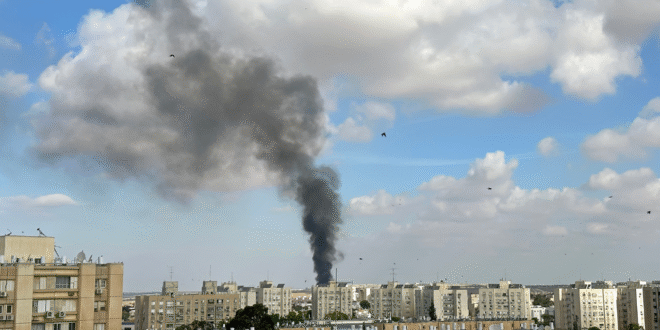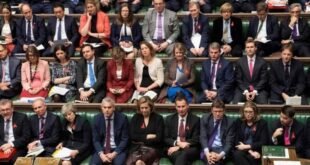Urgent Call for Medical Neutrality During Civil Unrest
The Kenya Medical Association (KMA) has issued a strong appeal for the swift development and enforcement of national protocols to guarantee continuous access to healthcare during periods of civil unrest. This call was made following what the association described as “grave violations” of medical neutrality during recent protests.
KMA highlighted incidents where emergency field hospitals were targeted with tear gas by law enforcement, and health workers were hindered from reaching patients. These actions were condemned as breaches of both Kenyan law and international humanitarian standards. Dr. Diana Marion, KMA Secretary General, emphasized the severity of these acts, stating, “These reckless actions endangered not only emergency responders but the very lives they were trying to save.”
The association cited multiple documented cases from the June 25 Gen Z-led protests and the July 7 Saba Saba demonstrations. In these events, tear gas canisters were allegedly fired near temporary medical sites, and ambulances were obstructed by security forces or crowds. The situation escalated further with an increase in security measures as police in Nairobi set up roadblocks early Monday, effectively halting ambulances and private vehicles in an effort to suppress the planned Saba Saba protests.
Deployment of Barricades and Roadblocks
Barricades and coils of razor wire were deployed on all major routes into the Central Business District, including Waiyaki Way, Kenyatta Avenue, Thika Road, Jogoo Road, Mombasa Road, Kiambu Road, Uhuru Highway, and Valley Road. According to directives from the National Police Service, only vehicles deemed to serve “emergency needs” and official government transport were allowed entry into the city center.
Despite assurances that services would operate normally, many commuters were forced to walk long distances after being stopped at checkpoints. Shockingly, ambulances were among those delayed or turned away. Hospitals raised alarms, warning that these delays were endangering patients who required immediate care. While some pedestrians were selectively allowed through, healthcare professionals noted that inconsistent enforcement exposed the vulnerability of Kenya’s health system during national emergencies.
Government Response and Criticism
Interior Cabinet Secretary Kipchumba Murkomen defended the hardline measures, labeling the protests “terrorism disguised as dissent” and vowing a firm response from security forces. However, rights groups and medical stakeholders condemned the restrictions, arguing that denying medical transport violated domestic and international obligations. Such actions, KMA emphasized, violate the Kenya Health Act (2017) and contravene World Health Organization (WHO) and World Medical Association (WMA) guidelines, which affirm the right of healthcare workers to operate free from violence, intimidation, and obstruction.
Emergency Response Protocols
Dr. Marion demanded immediate public directives from the Inspector General of Police mandating officers to respect medical neutrality and protect health personnel, facilities, and transport vehicles—regardless of which side of a protest they are treating. “Protesters, bystanders, and even police officers deserve access to urgent care,” she said. “Any obstruction is not only unethical but unconstitutional.”
KMA also called on the Ministry of Interior and Ministry of Health to establish joint emergency response protocols that clearly prioritize the protection of medical staff, infrastructure, and patients during demonstrations. At the same time, the association urged protest organizers and participants to play their part by ensuring ambulances are not blocked and that medical personnel are not harassed or endangered.
“We appeal for restraint from all parties. Healthcare must be insulated from conflict,” said Dr. Marion. “We can no longer normalize the preventable suffering caused when care is delayed or denied.”
The KMA’s statement came amid heightened tensions in various parts of the country, with police warning demonstrators against acts of anarchy.
 Info Malang Raya Its All About World News
Info Malang Raya Its All About World News




